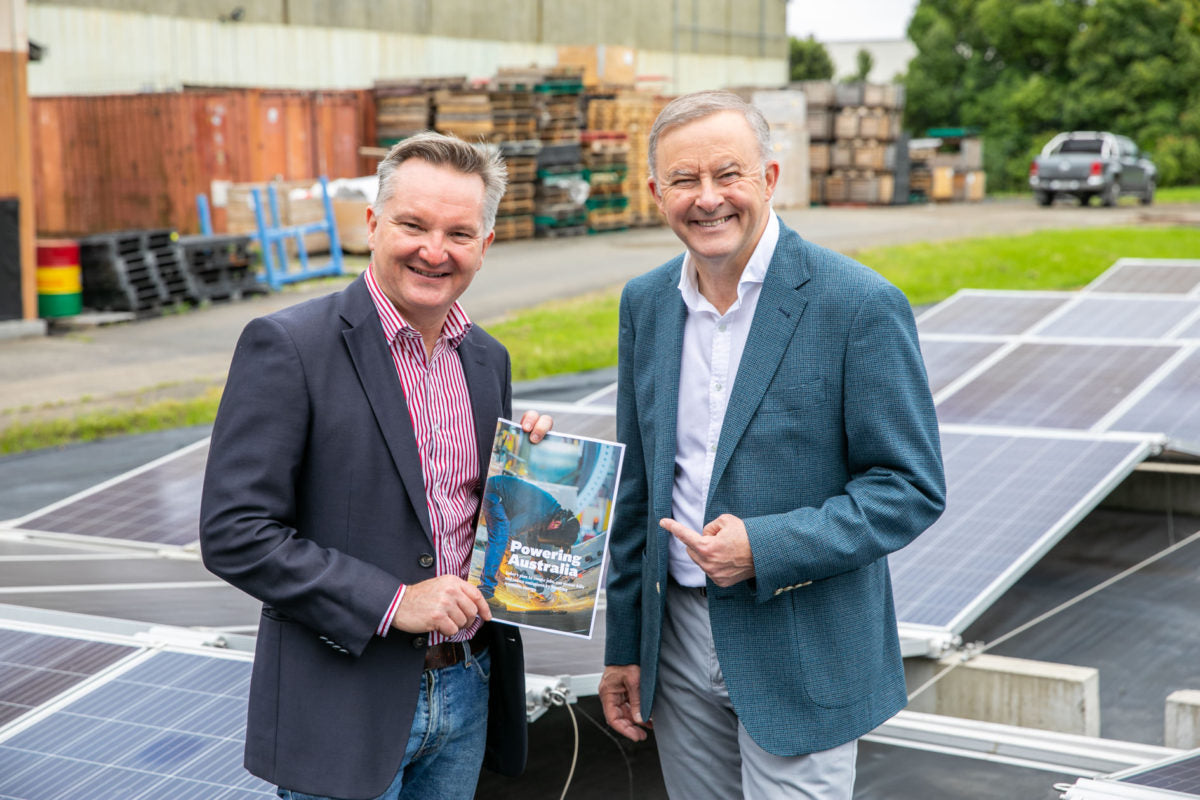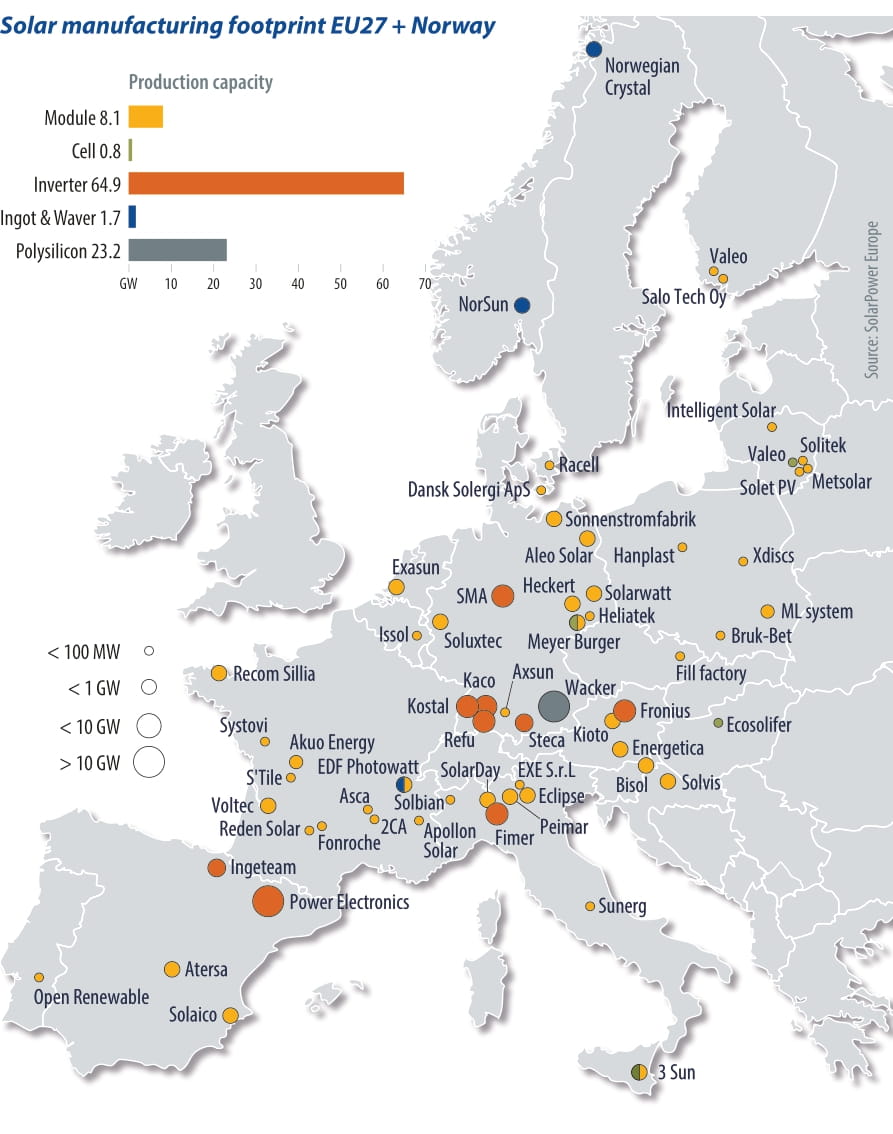https://www.pv-magazine-australia.com/2022/06/07/new-solar-module-for-pavement-applications/

Platio has created a modular solar panel system that can be used for walkways.
Image: Platio Solar
Hungary-based Platio Solar launched new solar modules for PV pavement applications at the recent Smarter E event in Munich, Germany.
“They rely on a new frame structure that provides better protection for the glass surface,” marketing manager Helga Ruscsák told pv magazine. “They can be used for pavement, terraces, driveways, sidewalks, parks, bicycle roads, marinas, and low-traffic roads, as well as for other industrial and off-grid applications.”
The modules come in variants featuring conventional monocrystalline and polycrystalline cells, with a choice of clear or opal glass. All of the products measure 359mm x 359mm x 41mm and weigh 6.5kg.
The polycrystalline products feature 156mm x 156mm 18.6%-efficient solar cells, with a nominal power of 18.2 W. It has an open-circuit voltage of 2.56 V and a short-circuit current of 8.9 A.
The monocrystalline panels have a power conversion efficiency of 22.3%, an open-circuit voltage of 2.72 V, and a short-circuit current of 8.89 A. They are fabricated with four cells measuring 158.7 mm x 158.7 mm.

Image: Platio Solar
The panels are covered by 10mm of tempered glass treated with an acid-etched pattern. They are also equipped with a frame made of a polymer composite based on low-density polyethylene (LDPE) and high-density polyethylene (HDPE) with matrix-forming material.
“The frame is made out of 100% recycled plastic,” Ruscsák said.
All the modules have a maximum allowed vehicle wheel load of 2 tons per module. The manufacturer claims a vehicle with a maximum weight of 8 tons could drive on the modules.
“We do not intend to build solar highways or solar roads with our products,” Ruscsák said.
Platio Solar said the solar cells have the same lifecycle of those used in conventional panels, despite being exposed to mechanical stress.
“Several tests have been performed at this regard during the CE certification process,” Ruscsák said, noting that the modules have a low-voltage system, which makes walking on them a safe option.
This content is protected by copyright and may not be reused. If you want to cooperate with us and would like to reuse some of our content, please contact: editors@pv-magazine.com.
<




